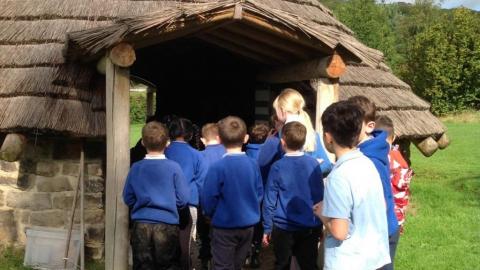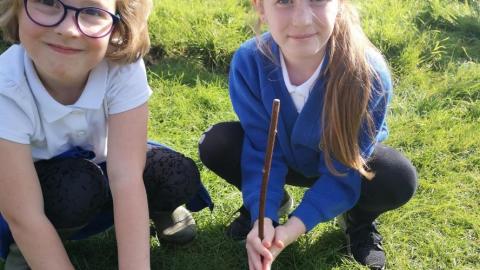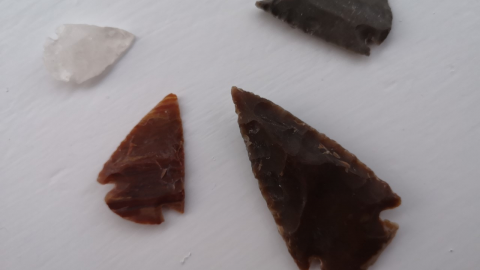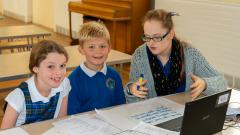Our history curriculum is designed to excite and engage children’s curiosity and support their knowledge and understanding of the past in a meaningful way. Through historical enquiry they will develop a range of investigative and critical thinking skills that will broaden their understanding of life today and making links to the past. We use resources from Rising Stars and Key Stage History to help us to bring history to life.
Key Stage 1.

Through practical and engaging history lessons, children begin to develop an awareness of the past, using common words and phrases relating to the passing of time. They will find out about changes within living memory, including in their local area. We want to help children build an awareness of their own heritage and enable them to be aspirational about the role they can play in the future. Through a range of sources, artefacts, local people and landmarks, they will begin to develop an understanding of changes that have happened over time in their own community and relate these to aspects of national life, identifying similarities and differences. Children will also learn about a range of significant people, places and events that have had an impact on the world today and learn where they fit within a chronological framework.
Key Stage 2

Children will build on their curiosity and refine the critical thinking and investigative skills they developed in Key Stage 1. They will use these skills to study history over time, including pre-history and early civilisations. They will use a range of questioning, problem solving and critical thinking skills to find out about the past using a range of sources. Trips, artefacts and role play will help bring to life events that happened over thousands of years. As they secure their knowledge of British and world history throughout Key Stage 2, they will develop a sense of chronology, observing and commenting on connections, contrasts and trends over time. Our history curriculum will help pupils to understand the complexity of people’s lives, the process of change, the diversity of societies and relationships between different groups, as well as reflecting on the challenges of the modern world.
SEND
We recognise that history and the concept of time can seem abstract to some children, particularly those with SEND. We use visuals, videos, physical artefacts, role play and stories to help children to engage with history lessons and understand that these things happened in the past. Understanding and use of historical vocabulary is modelled supported through visuals and word mats. Children will have opportunities to show their knowledge and understanding in a range of ways, including written work and a range of alternative methods, for example ICT, roll play, discussion and pictorial methods of recording.




